As the world faces increasing water scarcity and environmental challenges, technological innovations are playing a pivotal role in creating more sustainable solutions for water management. One such breakthrough is the Environmentally Friendly Smart Water Pump Controller, an advanced system designed to optimize water pumping operations, reduce energy consumption, and reduce the overall environmental footprint. These controllers are quickly becoming an essential tool for industries ranging from agriculture to urban water distribution systems.
The Need for Eco-Friendly Solutions
Water scarcity is a growing global concern, exacerbated by climate change, population growth, and inefficient water usage. According to the United Nations, nearly 2 billion people live in countries experiencing high water stress, and the situation is worsening with each passing year. In response, industries that rely heavily on water resources are being called upon to implement sustainable practices that can mitigate waste and ensure the efficient use of this precious resource.
This is where the Environmentally Friendly Smart Water Pump Controller comes into play. By harnessing the power of smart technology and sustainability principles, these controllers provide a range of benefits that help optimize water distribution, lower energy costs, and reduce harmful emissions.
How the Technology Works
The core of the Environmentally Friendly Smart Water Pump Controller lies in its ability to regulate and monitor water pumping operations in real-time. The system uses advanced sensors and algorithms to track variables such as water flow, pressure, and energy consumption, making adjustments as needed to keep pumps running at good levels. This ensures that the water is pumped efficiently, reducing unnecessary energy usage and preventing overuse of water resources.
One of the notable features of the Environmentally Friendly Smart Water Pump Controller is its ability to adjust pumping speed based on demand. During periods of low water demand, the system can reduce pump speed or shut off completely, reducing energy waste. Conversely, when water demand increases, the system can ramp up its operation to ensure a consistent supply. This dynamic approach ensures that pumps are never running excessively, helping to conserve both water and energy.
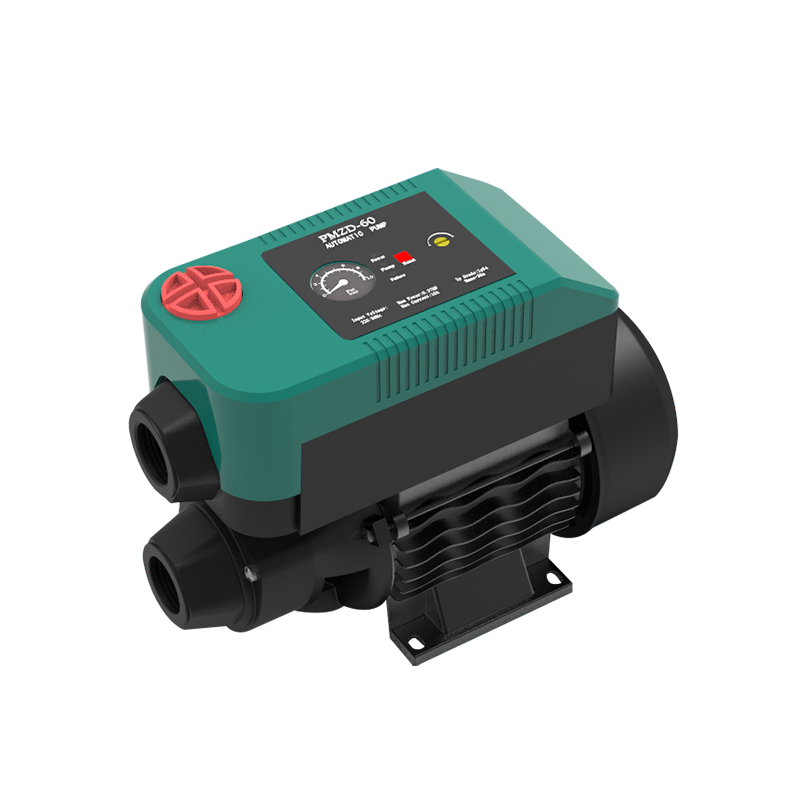
Moreover, these controllers are integrated with cloud-based platforms that provide real-time data analytics, allowing operators to remotely monitor and control their systems. This reduces the need for manual intervention, enhancing efficiency and decreasing the risk of human error.
Benefits of the Environmentally Friendly Smart Water Pump Controller
1. Energy Savings
One of the primary advantages of using an Environmentally Friendly Smart Water Pump Controller is its energy-saving capabilities. Traditional water pumps often operate at full capacity, regardless of demand, which results in significant energy waste. By optimizing pumping speed, these smart controllers reduce energy consumption, which not only lowers operational costs but also decreases the overall carbon footprint of water management systems.
2. Water Conservation
In addition to energy savings, the Environmentally Friendly Smart Water Pump Controller is designed to promote better water management. By using precise sensors and algorithms, the system ensures that only the necessary amount of water is pumped at any given time. This reduces water wastage and helps prevent the over-extraction of water from natural sources, which is critical in regions experiencing drought or water stress.
3. Cost Efficiency
Over time, the installation of an Environmentally Friendly Smart Water Pump Controller can significantly reduce operational costs. With lower energy bills, fewer pump maintenance issues, and reduced wear and tear on equipment, businesses and municipalities can recoup their initial investment in just a few years. Moreover, the controller's predictive maintenance features can alert operators to potential issues before they become expensive problems, ensuring longer lifespan and less frequent repairs.
4. Sustainability
Sustainability is at the heart of the Environmentally Friendly Smart Water Pump Controller. By incorporating energy-efficient technologies and reducing water wastage, these systems contribute to broader environmental goals such as lowering greenhouse gas emissions, conserving natural resources, and supporting sustainable development. The integration of renewable energy sources, such as solar or wind power, with these systems further boosts their environmental credentials.
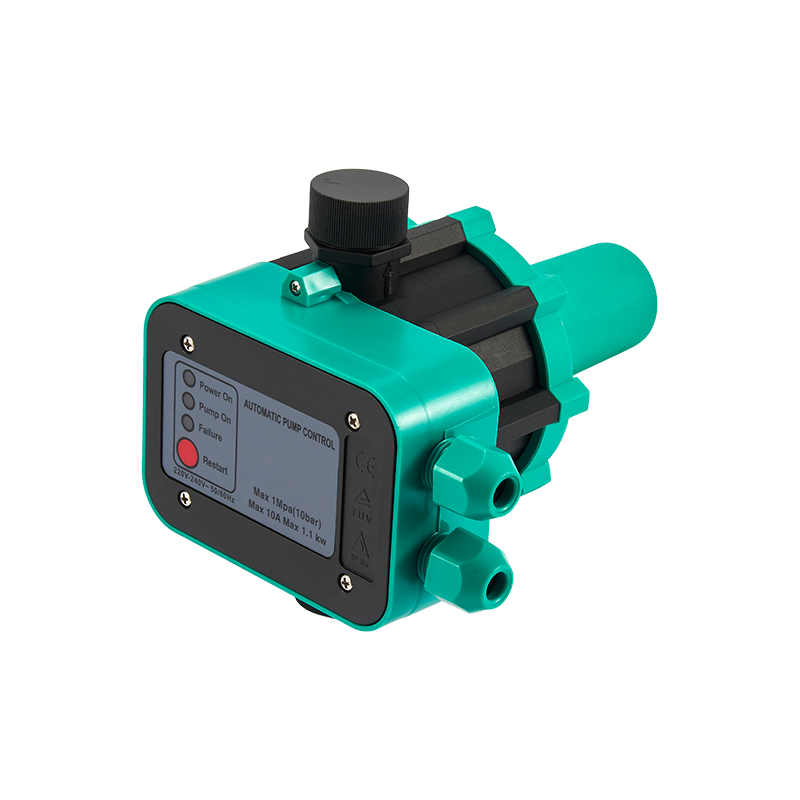
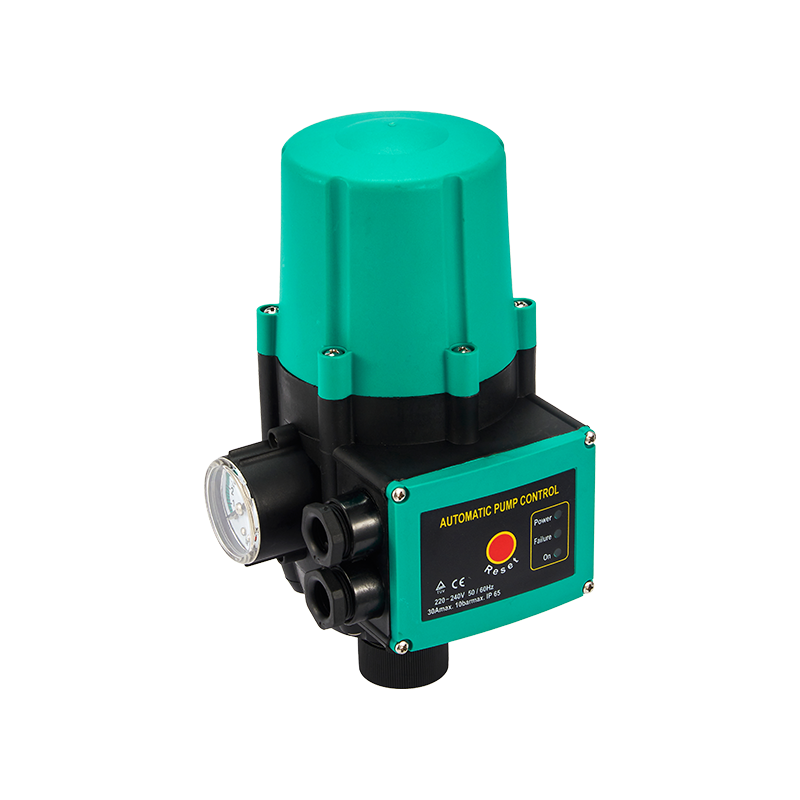
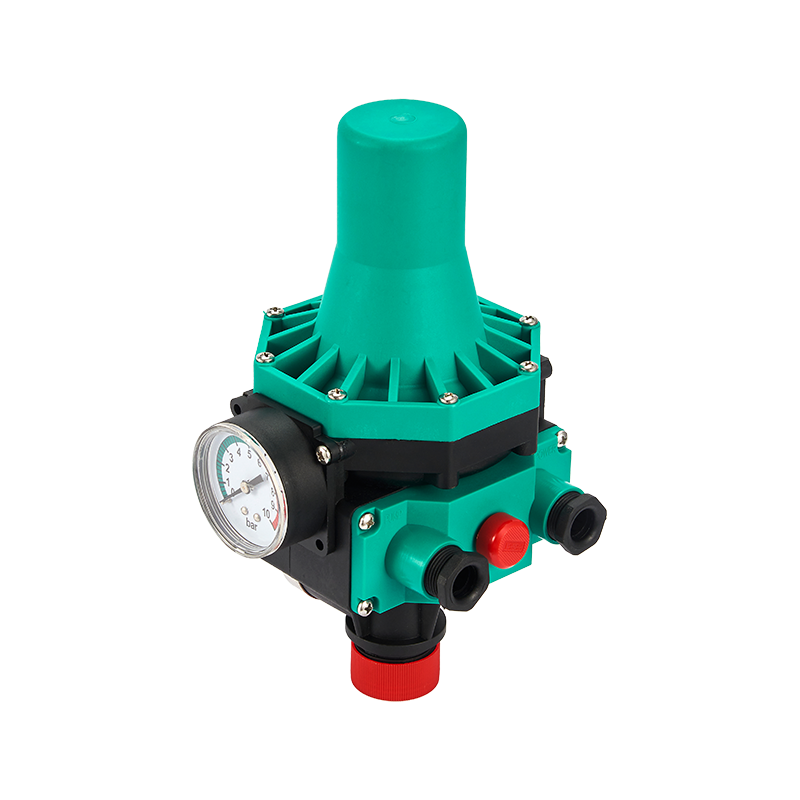
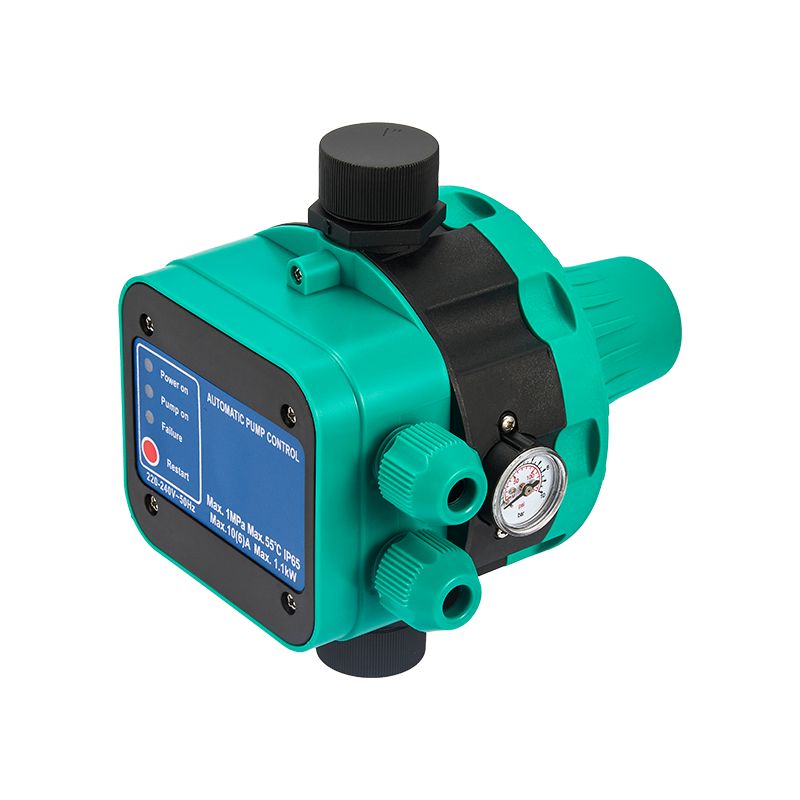
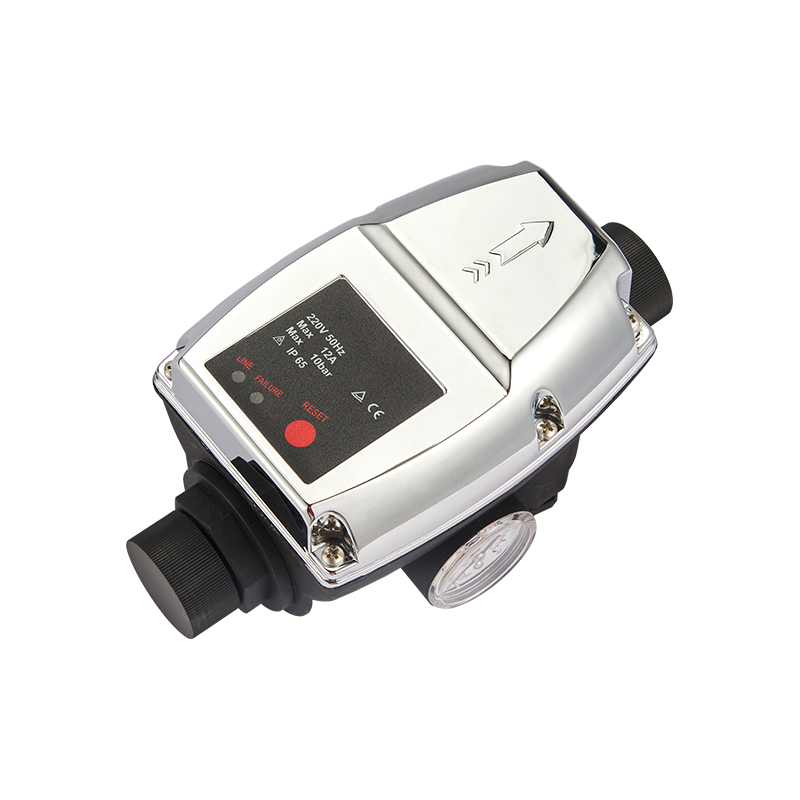
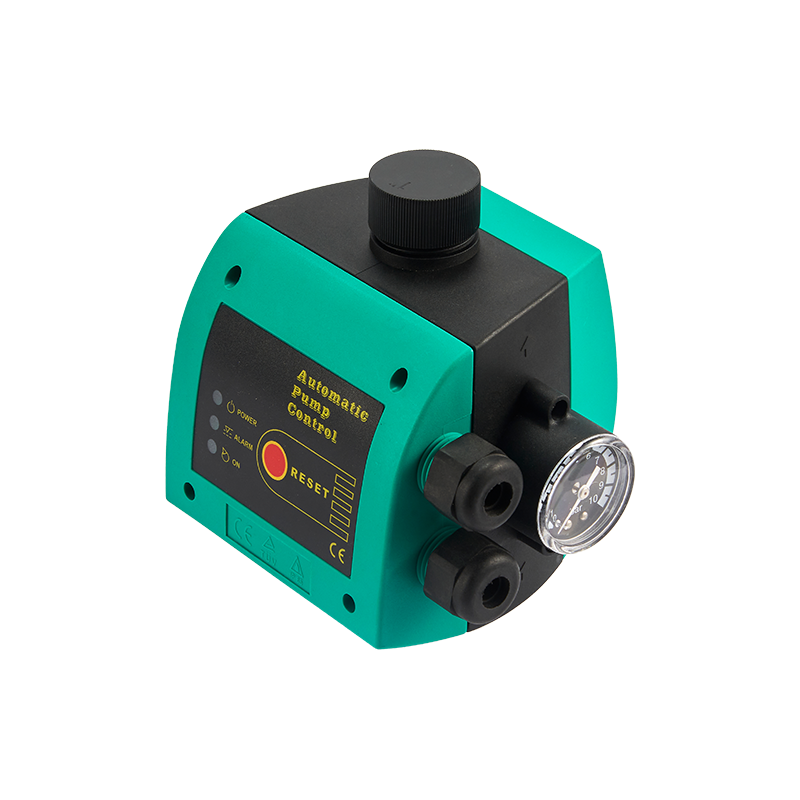
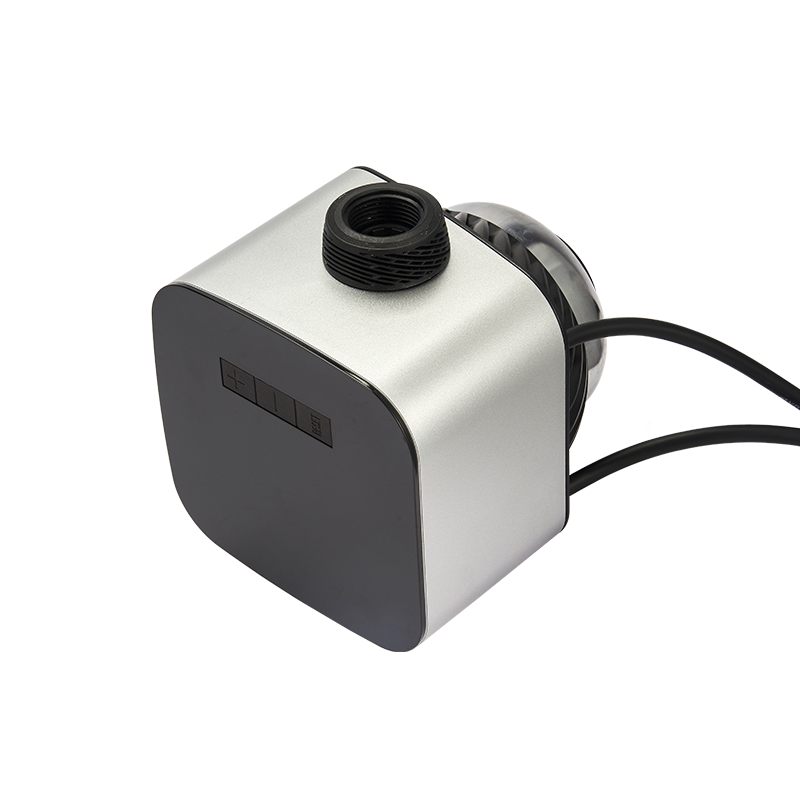
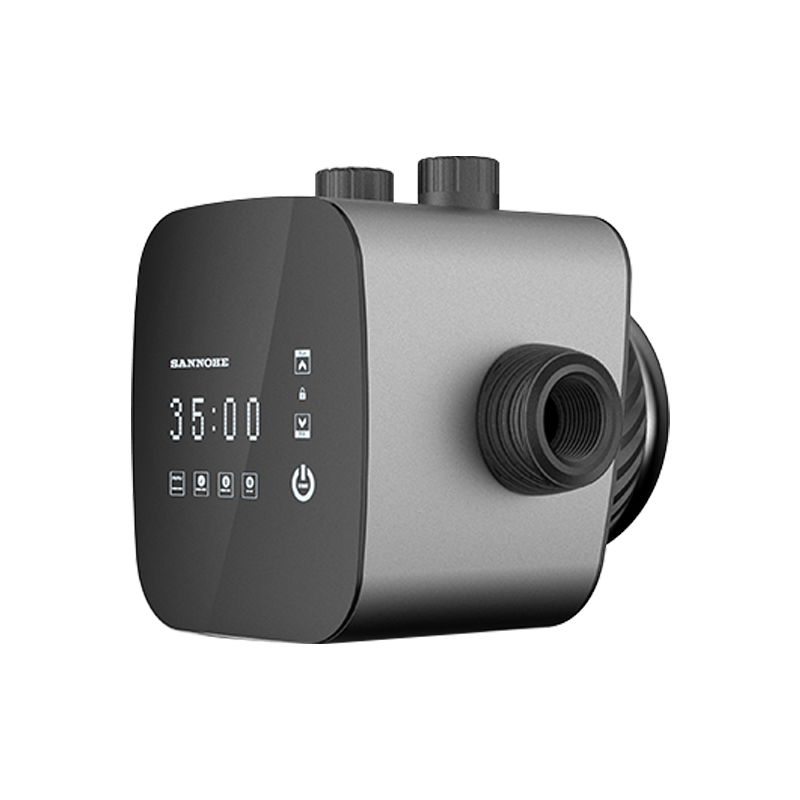
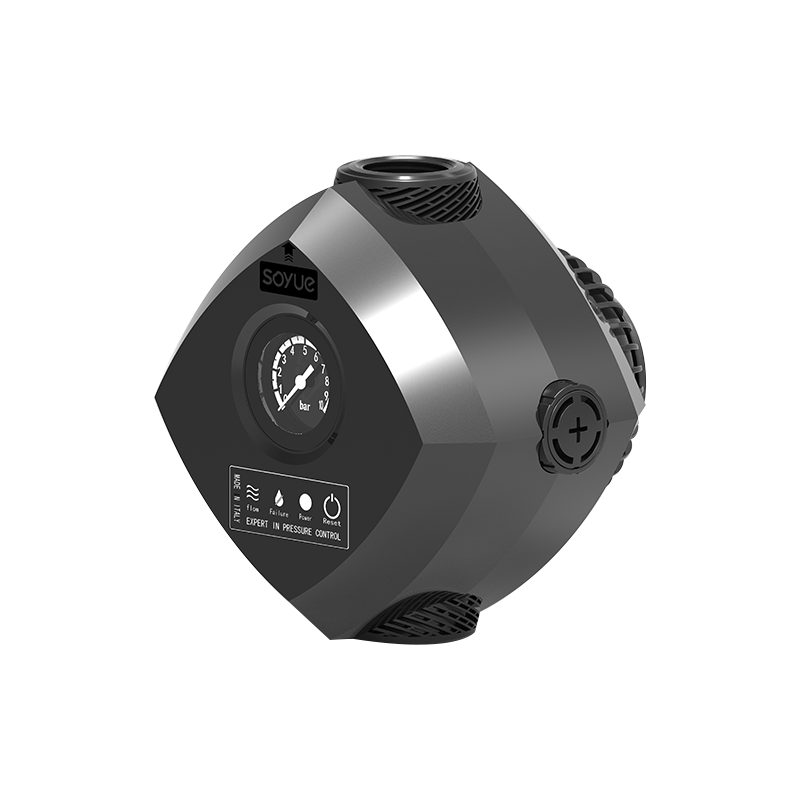
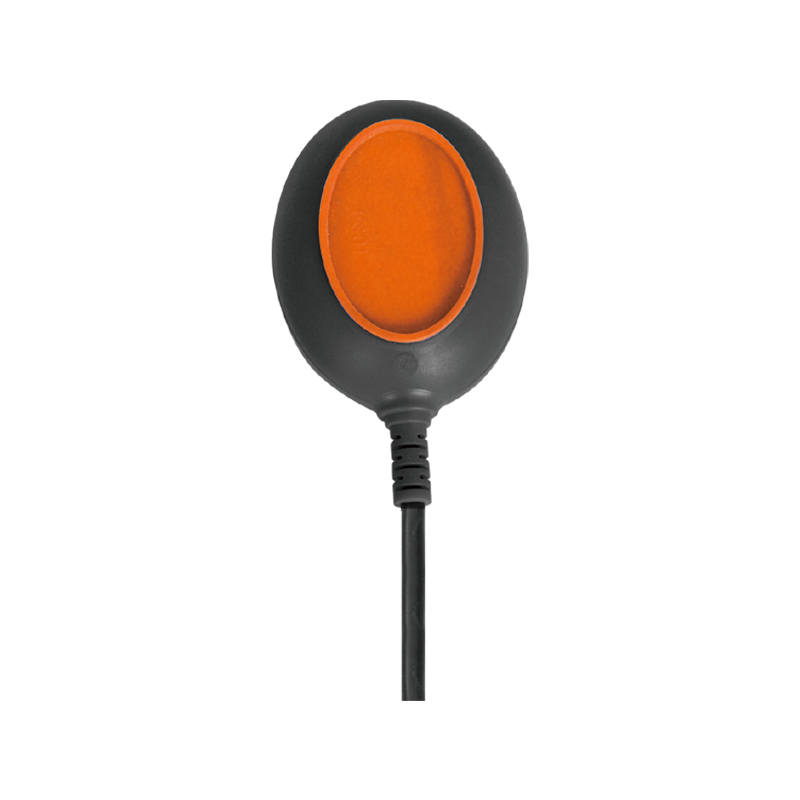
Within the global industrial supply chain, specialized facilities focus on producing the electronic brains that manage the world's pumps: the automatic pump controller factory. These manufacturing plants are dedicated to the design, assembly, testing, and quality assurance of the devices that provid...
Across the diverse applications of fluid movement—from ensuring consistent water supply in high-rise buildings to maintaining precise pressure in industrial processes and agricultural irrigation—the concept of pump automatic pressure control has become a cornerstone of modern system design. This tec...
In systems where water or other fluids are moved under pressure, from residential plumbing and agricultural irrigation to industrial processing and fire suppression, maintaining a precise and stable pressure is often critical. This task falls to a dedicated device: the pump pressure controller. This...